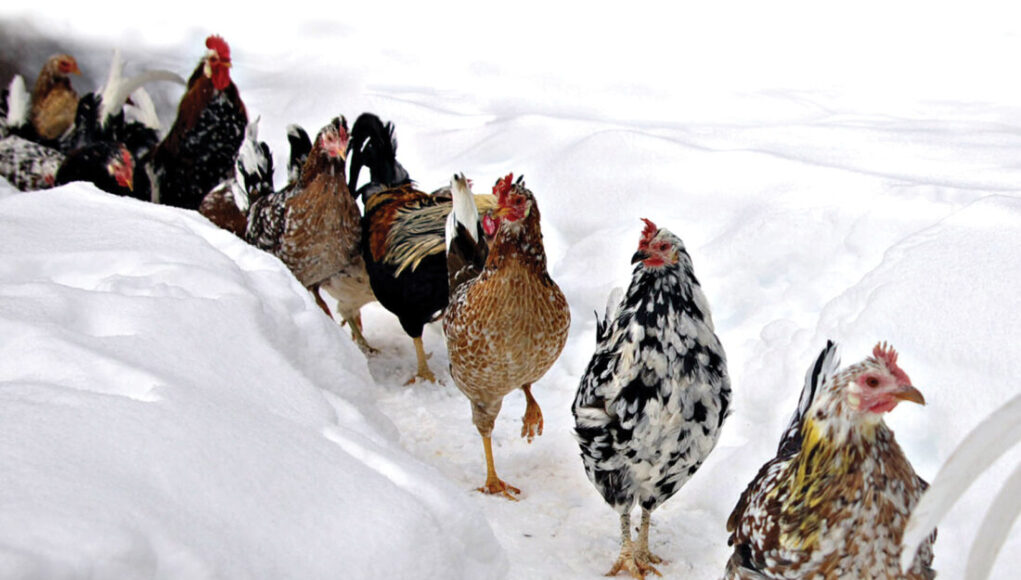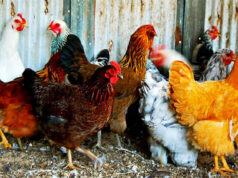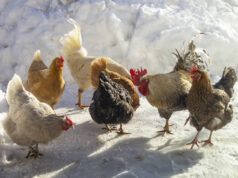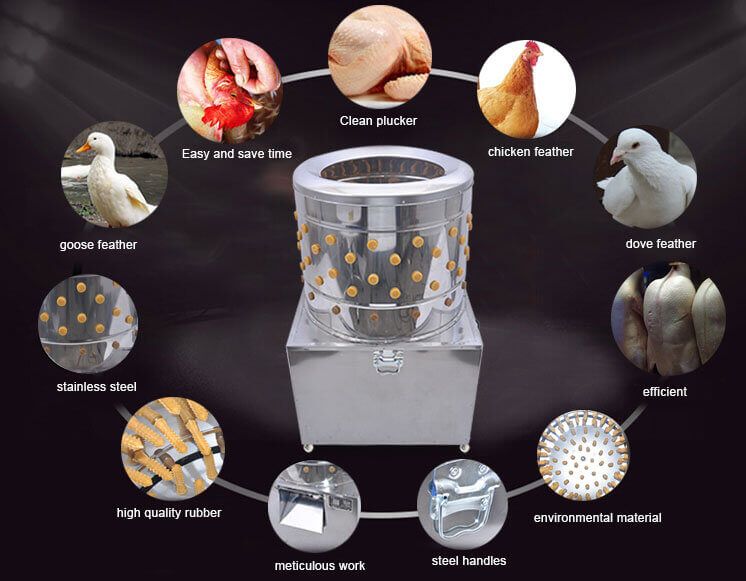As a poultry enthusiast, you might have noticed something puzzling in your coop: a tiny egg! It can be quite strange, especially when your hens usually lay standard-sized eggs. In this article, we will dive into this fascinating phenomenon and explore the various reasons behind it.

Understanding Chicken Egg Production
The Egg-Laying Process
Before we delve into the reasons for tiny eggs, its essential to understand how hens produce eggs. The egg-laying process begins with ovulation, followed by the formation of the egg white and shell.
Factors Influencing Egg Size
Several factors can influence the size of eggs, including the hens age, breed, diet, and overall health. Lets explore these factors in greater detail.
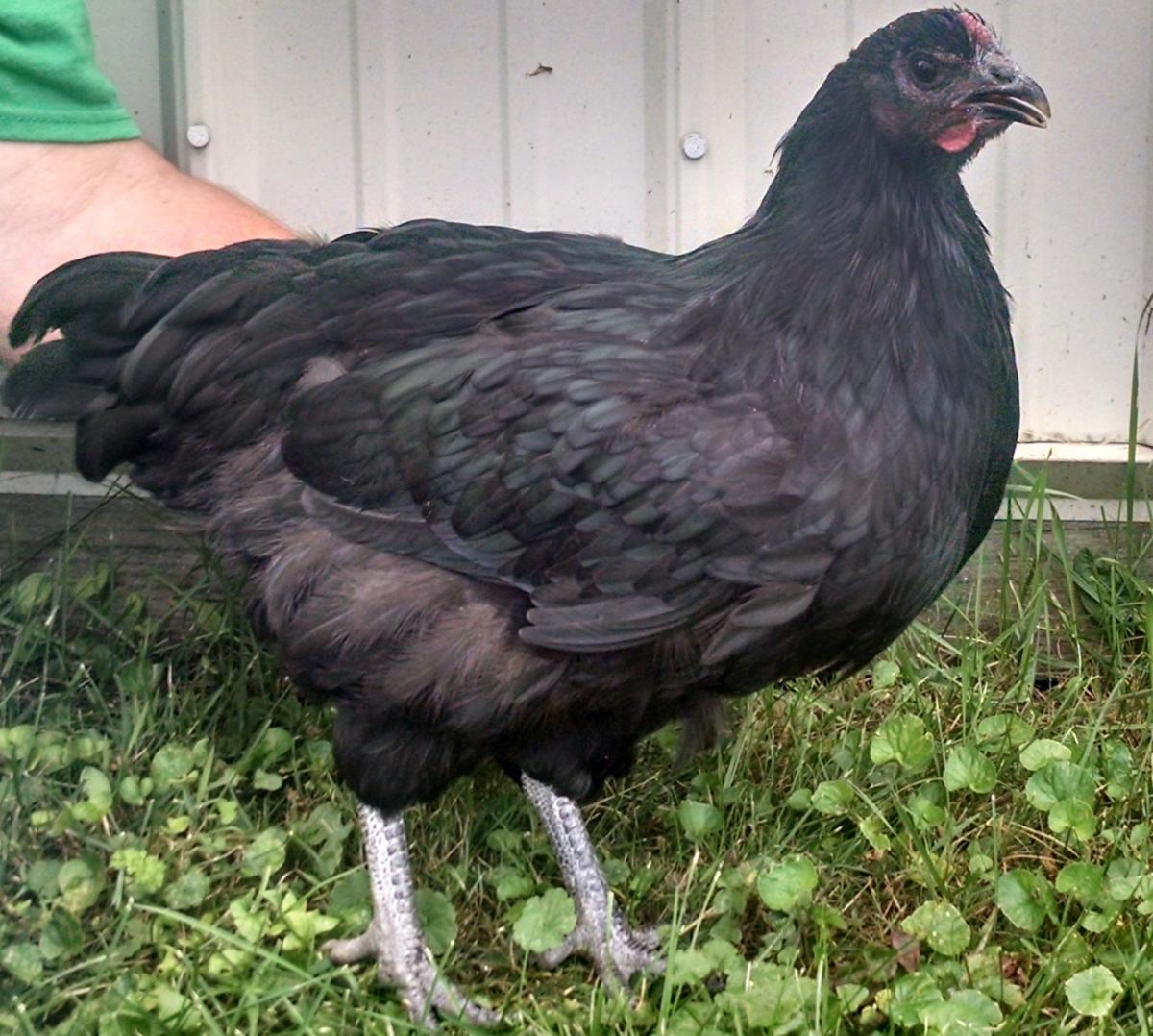
Common Reasons for Tiny Eggs
Young Hens
Young hens, or pullets, often lay smaller eggs as they are still maturing. It takes time for their reproductive systems to develop fully.
Stress Factors
Stress can significantly impact a hens egg-laying abilities. Changes in the environment, predator threats, or even changes in the flock can cause stress.
Nutritional Deficiencies
Nutritional deficiencies, particularly in calcium and protein, can lead to smaller eggs. Ensuring a balanced diet is crucial for healthy egg production.
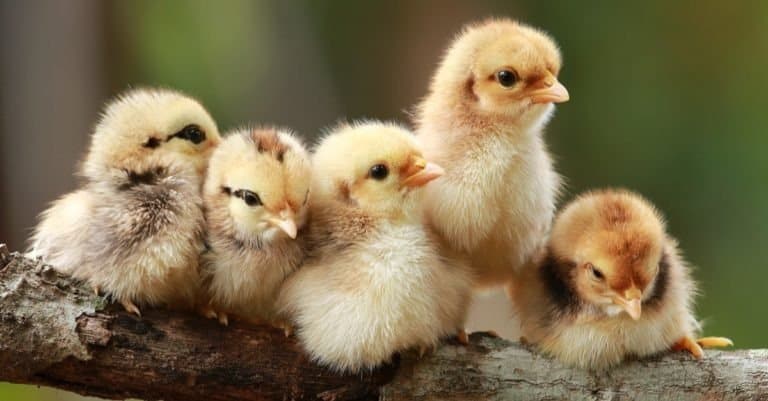
Health Conditions Leading to Tiny Eggs
Reproductive Issues
Hens with reproductive issues, such as internal laying or oviduct problems, may lay smaller eggs. These conditions require immediate attention from a veterinarian.
Hormonal Imbalance
Hormonal imbalances can disrupt the egg-laying cycle, leading to the production of tiny eggs. This is often seen in older hens.

Breeds and Egg Size
Breeds That Lay Smaller Eggs
Certain chicken breeds, like Bantams, naturally lay smaller eggs. It is essential to know your breeds characteristics to set the right expectations.
Mixing Breeds
Mixing different breeds in one coop can sometimes result in smaller eggs due to varying genetic traits. Understanding compatibility is key.
Environmental Factors
Temperature and Light
Extreme temperatures and inadequate lighting can affect the productivity and size of the eggs laid by your hens.
Improving Egg Size
Ensure Proper Nutrition
Providing a balanced diet with the necessary vitamins and minerals is paramount.
Learn more about proper chicken nutrition on our blog here!
Minimize Stress
Keeping the coop environment stable and secure can significantly reduce stress.
Regular Health Checks
Conducting regular health checks and consulting with a vet can help identify potential issues early.
Common Myths About Tiny Eggs
Myth 1: Tiny Eggs Are Always Bad
Tiny eggs are not always a sign of something wrong; they can be perfectly normal in certain situations.
Myth 2: Only One Hen Will Lay Tiny Eggs
Its possible that multiple hens in your flock may lay small eggs under similar stress conditions.
When to Consult a Veterinarian
If the occurrence of tiny eggs is frequent or coupled with other symptoms like changes in behavior or appearance, its time to consult a vet.
FAQs
Why is my young hen laying tiny eggs?
Young hens, also known as pullets, often lay smaller eggs as their reproductive systems are not fully developed.
Can stress cause my chicken to lay tiny eggs?
Yes, stress factors like environmental changes or predator threats can lead to smaller eggs.
Are tiny eggs a sign of nutritional deficiencies?
Sometimes, tiny eggs can result from nutritional deficiencies, particularly in calcium and protein.
For more information, feel free to check out our detailed guide on chicken diseases and symptoms here
As an Amazon Associate, I earn from qualifying purchases.
